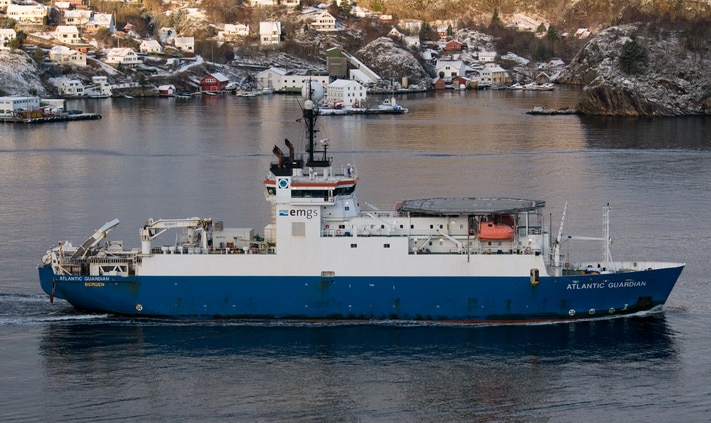The collapse of oil freeze talks reduces the chance of a change in OPEC’s market share strategy.
Talks in Doha in April aimed at reaching the first extended production accord in 15 years between both OPEC and non-OPEC producers ended without an agreement to freeze oil output to stabilize prices. The failure to do so triggered another sharp oil price drop when the oil market opened, with Brent falling to about US $40/ barrel. It has since risen to over US$ 48/barrel, but continues to fluctuate.
The outcome of the meeting is clearly a disappointment for the oil industry, which has been under severe pressure to cut costs and change its business models to increase profitability in the ‘lower-for-longer’ price era. Countries such as Venezuela and Ecuador have been especially hard hit by the collapse in oil prices since their peak in June 2014. The talks failed because Saudi Arabia insisted that Iran should sign up to the agreement. Neither Iran nor Libya were present at the meeting.
Saudi Arabia had actually indicated early this year after talks with Russia that it could comply with an output freeze even without Iran’s involvement, but it has now decided it will not sign up without Iran. According to the media network Aljazeera the parties will try to meet again in June. The failure to reach an agreement in Doha clearly reduced the hope of any changes to the market share strategy or reintroduction of the quota system when the OPEC cartel meets on 2 June in Vienna.
Brent Spot Price US$/barrel since the peak in June 2014. (Data source EIA)
Drowning the Market
The outcome of the Doha meeting underlines the big controversies within OPEC, which had become evident when the group met in December. The cartel members could not manage to commit to a new production target in an attempt to reduce the vast supply glut and support oil prices. Saudi Arabia is clearly not ready to abandon the market share strategy launched at the OPEC meeting in November 2014 without the cooperation of Iran; in fact, in May Saudi Aramco chief executive Amin Nasser intimated that Saudi production will increase in 2016. Iran, meanwhile, will not sign up to any agreement to cap output before the country reaches pre-sanction levels of production.
This means that OPEC will continue drowning the market with cheap oil, trying to squeeze out the more costly producers such as the US, Russia and Norway, despite the fact that the process has been more painful and longer lasting than expected. This may also set off another round of price wars between Iran, Iraq, Russia and Saudi Arabia as competition is fierce to increase market share among clients in Asia and Europe.
Advertisement





